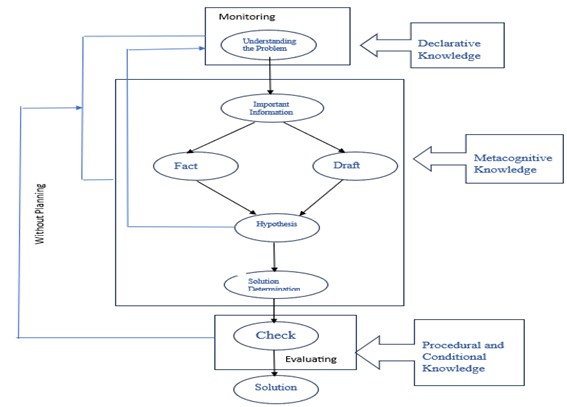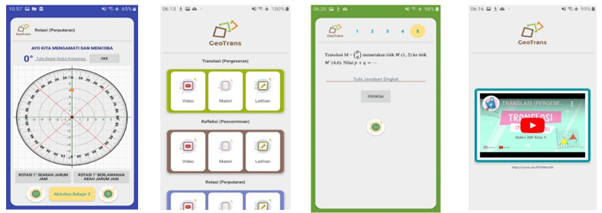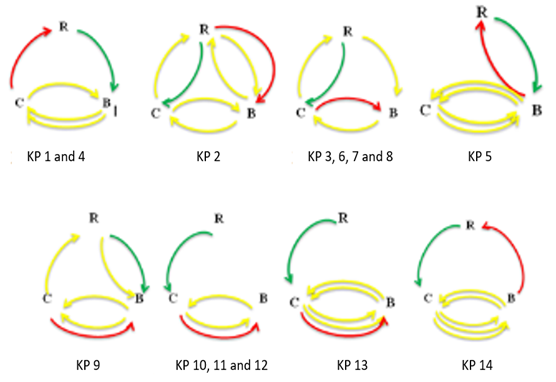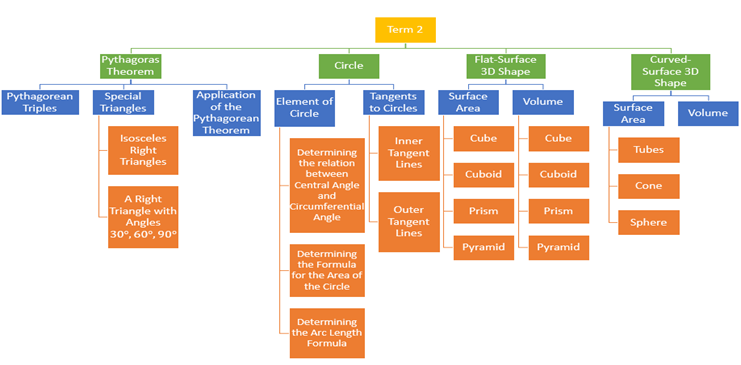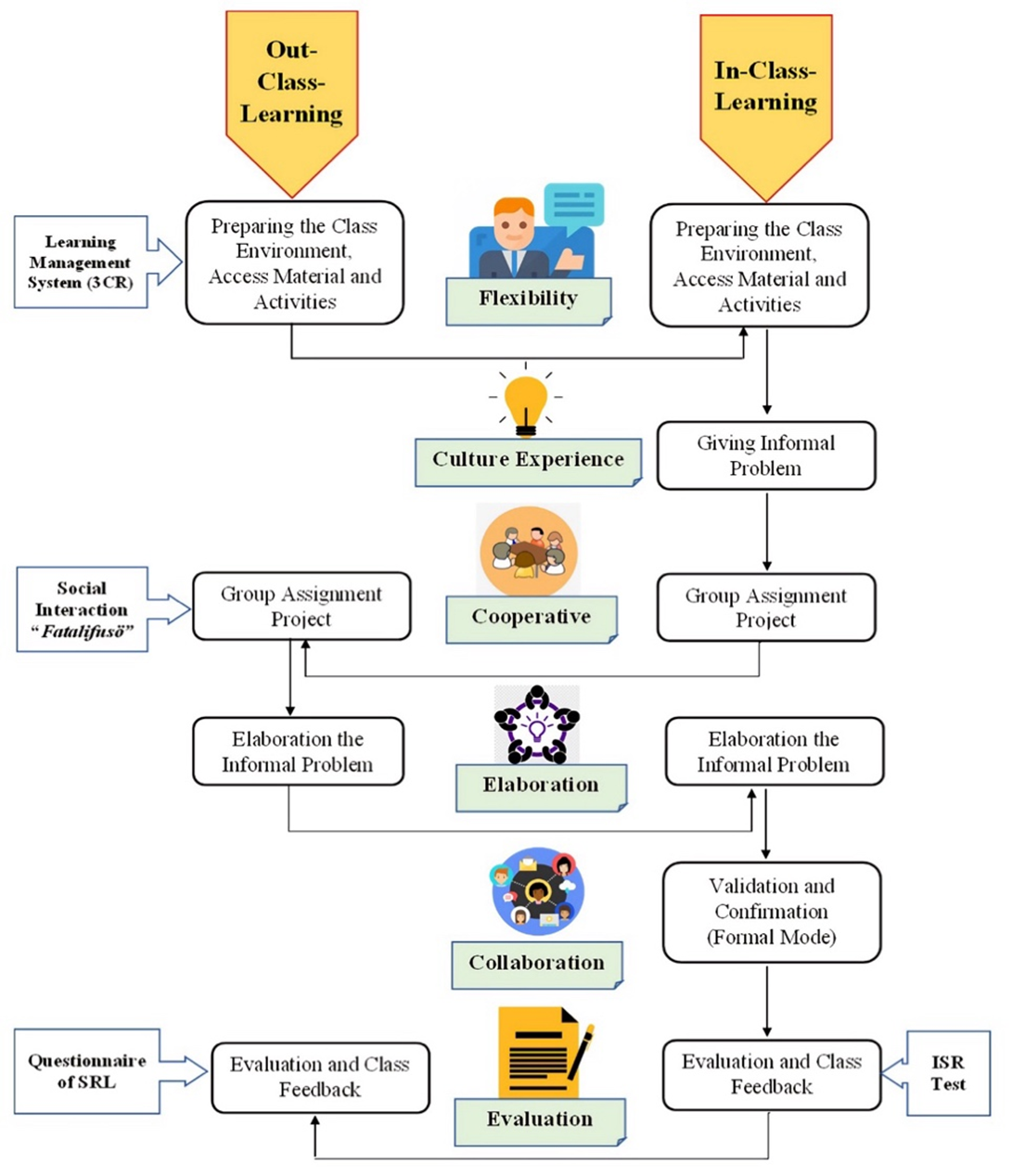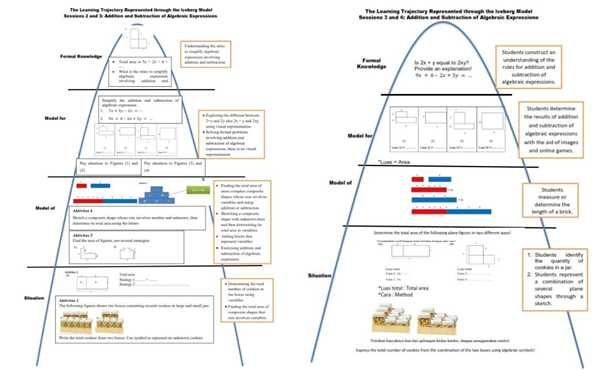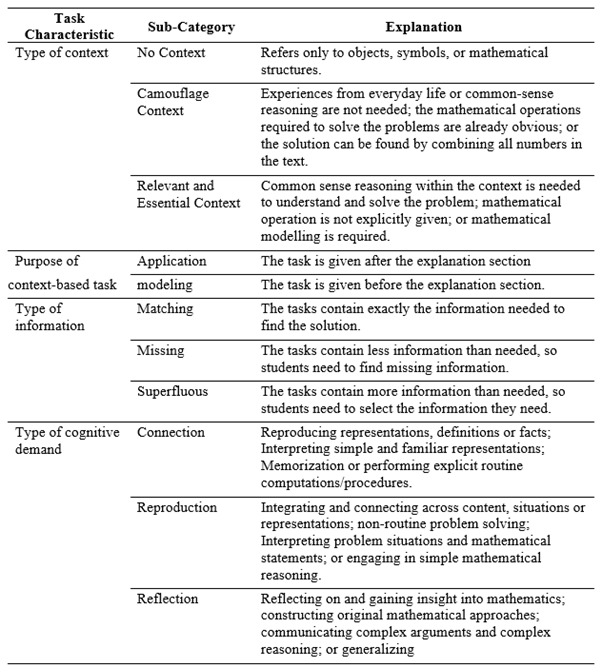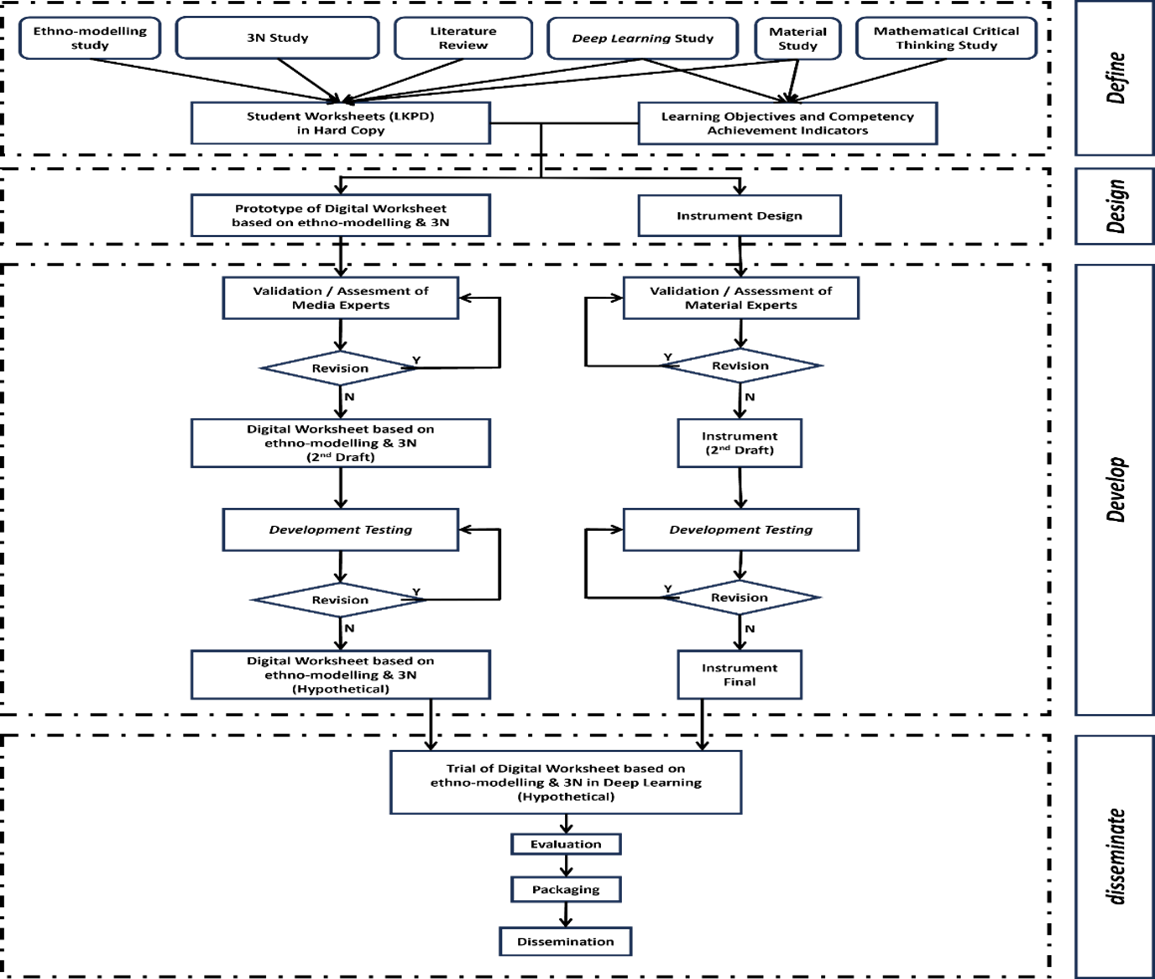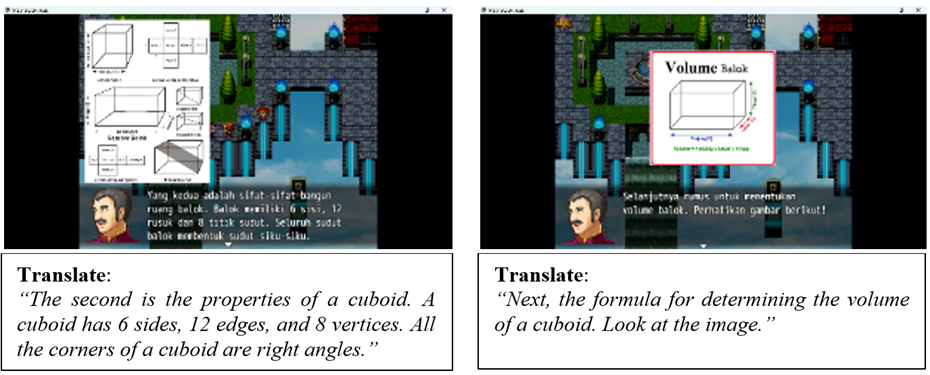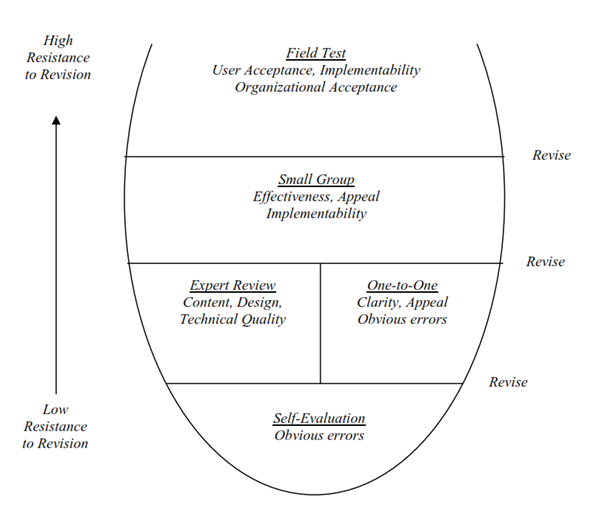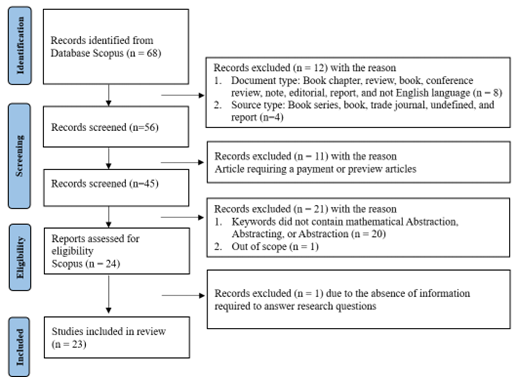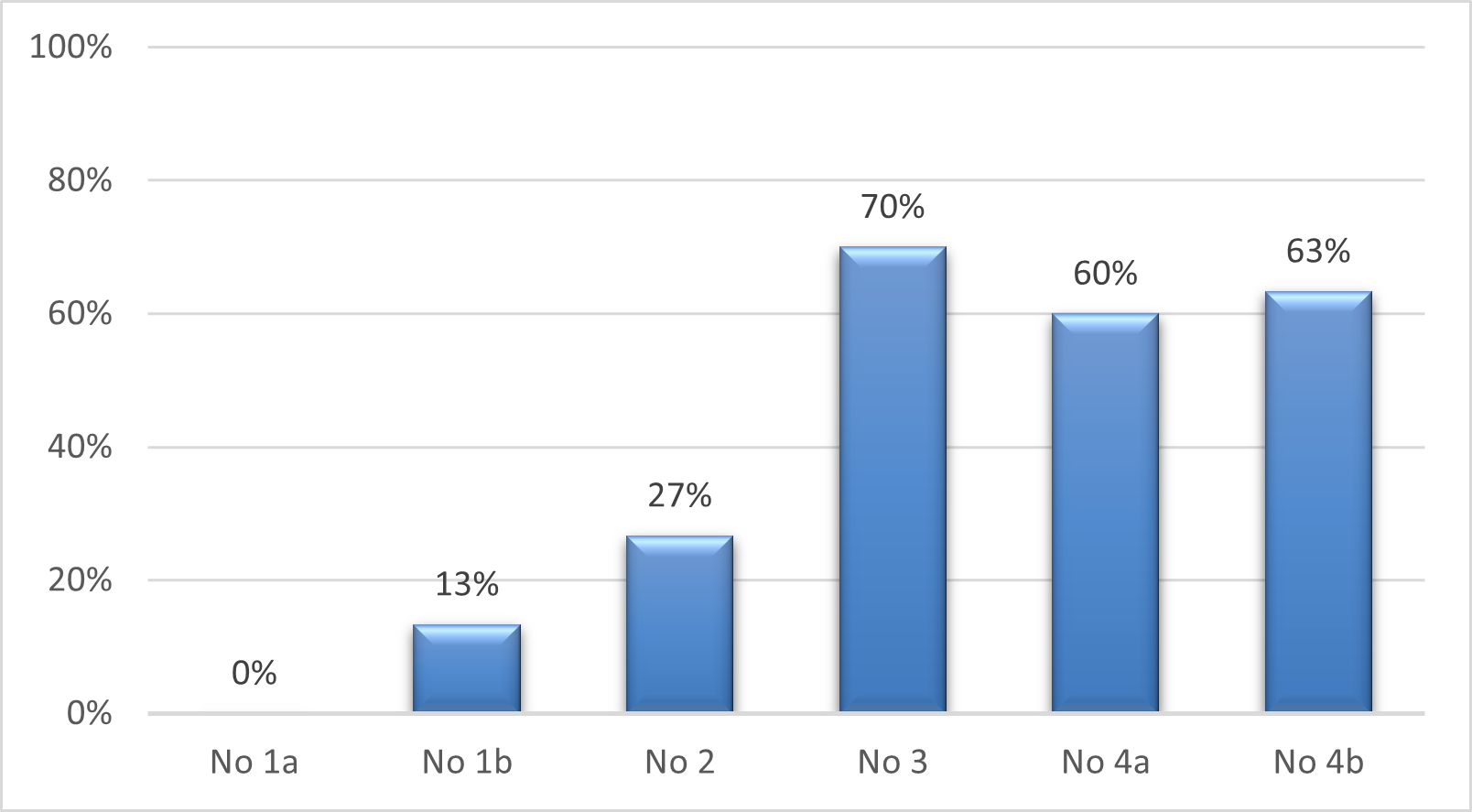Infinity Journal is a peer-refereed open-access journal which has been established for the dissemination of state-of-the-art knowledge in the field of mathematics education. This journal is founded under the collaboration between the IKIP Siliwangi and Indonesian Mathematics Educators' Society (IMES). All submitted manuscripts will be initially reviewed by editors and are then evaluated by a minimum of two International Reviewers through the double-blind review process. This is to ensure the quality of the published manuscripts in the journal.
The Infinity Journal welcomes high-quality manuscripts resulted from a research project in the scope of mathematics education, which includes, but is not limited to the following topics: Mathematics Ability, Realistic Mathematics Education, ICT in Mathematics Education, Design/Development Research in Mathematics Education, and Ethnomathematics. The manuscript must be original research, written in English, and not be simultaneously submitted to another journal or conference.
Starting from Volume 14, Issue 1 (2025), Infinity Journal publishes four issues in one volume - 4 issues per year (February, May, August, and November)
Journal Information
| Journal title | : | Infinity Journal |
| Initials | : | IJ |
| Abbreviation | : | Inf. J. |
| Frequency | : | Starting from Volume 14, Issue 1 (2025), Infinity Journal publishes four issues in one volume - 4 issues per year (February, May, August, and November) |
| DOI | : | 10.22460/infinity by |
| Print ISSN | : | 2089-6867 |
| Online ISSN | : | 2460-9285 |
| Editor-in-chief | : | Prof. Dr. Heris Hendriana |
| Managing Editor | : | Prof. Dr. Wahyu Hidayat |
| Publisher | : | IKIP Siliwangi and Indonesian Mathematics Educators' Society (IMES) |
| Citation Analysis | : | Scopus | Sinta | Google Scholar | Dimensions | DOAJ |
Editorial Process
Submission to First Decision: 1 - 12 weeks
Submission to Acceptance: 8 - 24 weeks
Acceptance to Publish: 4 - 16 weeks
Before Submission
The author has to ensure the manuscript has been prepared using Infinity Template following the author guidelines. The single author's paper is just for the invited author or the author with a great reputation for research or publication in mathematics education. The manuscript should also have been carefully proofread and similarity checked (the proofreading certificate and similarity check result must be attached as a supplementary file in the submission process). Apart from that, the author must also attach an Authorship Form signed by all authors (Download Authorship Form).
Any manuscript which does not meet the author's guidelines, focus, and scope, is written in a different format, or has poor soundness of English will be immediately rejected. The only manuscript which meets the Infinity standard will be processed further.
Articles
Students' mathematical literacy in terms of metacognitive awareness
839-860 Pages
An application of many-facet Rasch measurement to validate the numeracy test for elementary students
861-876 Pages
Design and Evaluation of a mobile application for achieving computational thinking skills through geometric transformation learning in middle school
877-898 Pages
Integration of abstraction theory and TPACK framework in geometry learning to optimize prospective mathematics teachers’ spatial abilities
899-918 Pages
Designing effective digital learning tools and teaching materials based on students’ mathematical literacy behavior
919-948 Pages
Measuring changes in students' informal statistical reasoning skills through the ethno-flipped classroom model: Stacking and racking analysis
949-972 Pages
Development of algebraic expressions e-modules through realistic mathematics education approach
973-994 Pages
Pre-service mathematics teachers: Designing context-based tasks
995-1018 Pages
Integration of ethno-modelling and 3N: An innovative digital worksheet framework to enhance students' mathematical critical thinking skills
1019-1042 Pages
Enhancing 3D geometry learning: A differentiated educational game approach
1043-1064 Pages
How do students use mathematical reasoning to solve PISA-type mathematics problems based on making kite contexts?
1065-1080 Pages
Understanding mathematical abstraction: A systematic literature review of its conceptualizations and research practices
1081-1104 Pages
Analyzing student errors in PISA “Change and Relationship” tasks using the AVAEM framework
1105-1128 Pages

